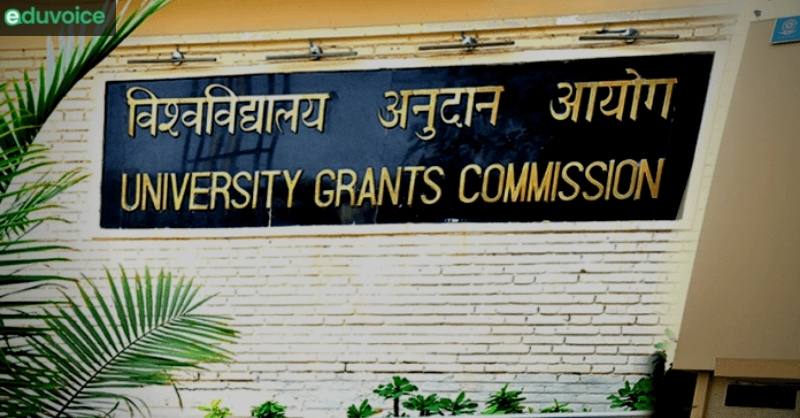The University Grants Commission (UGC) on Wednesday issued draft accessibility and inclusivity guidelines for higher education institutions with an aim to make campuses inclusive for persons with disabilities and transgender persons. The guidelines include suggestions on ensuring accessibility in terms of resources, infrastructure, curriculum, teaching-learning, and assessment.
The draft guidelines have been issued as a part of the implementation of the National Education Policy (NEP) 2020 that envisages education as the primary method to achieve economic and social mobility, inclusion, and equality. The higher education regulator has issued a public notice seeking feedback on the guidelines from stakeholders by March 7.
The UGC recommended universities and colleges ensure admission announcements and advertisements are circulated in accessible formats. They have been asked to ensure that the content on the website, email, and social media campaigns can be read by assistive technology; offer multiple formats for application forms including digital, large print, and braille; and make available alternative communication support at all stages of admission.
In terms of administrative support, the UGC recommended the higher education institutions provide several need-specific provisions including flexibility with attendance and timetable, opportunity to reschedule classes to an accessible location, assistive lab equipment, extra time for assignments and examination, and use of assistive devices in teaching-learning process and during exams. For persons with mental disabilities, and those having chronic neurological conditions and blood disorders, the guidelines also recommended a provision of “on-demand exams”.
Accessibility considerations must cover all aspects of assuring that persons with disabilities can participate and have the same choices as their typical peers. It must be ensured to remove any barrier that stops, impedes, prevents, or causes difficulty for an individual to fully participate in all aspects of higher education
the guidelines stated.
The guidelines suggested that higher education institutions design their learning content, including e-content, following the universal design principle. “For example, a scanned image of a document is not readable with screen reading software…Therefore, it is essential that digital documents have editable text in fonts compliant to Unicode standards,” the draft document stated. The UGC recommended inclusive mobility infrastructure at the campuses by providing accessible modes of transport, accessible pedestrian pathways, accessible seating facilities, signages, GPS mapping, along with other mandatory infrastructure requirements including ramps, lifts, curbs, curb ramps, street furniture, and tactile pathways.
Emphasizing designing an accessible curriculum, the guidelines stated, “An accessible curriculum uses formats, processes, and language which anticipate the need for choices, flexibility and reasonable adjustment in teaching and assessment. Thus, higher education institutions need to develop their accommodation policy and procedure to avail these.”
The guidelines recommended that each higher education institution should have at least one unisex accessible toilet with independent entry. “The unisex toilet should be designed to also meet the needs of persons with high support needs and those with multiple disabilities. Accessible toilets should always be signposted with international signage of accessibility,” it said. The guidelines also suggested creating a “gender-friendly classroom environment and transactions” and “developing positive self-concept and self-esteem among students” to make campuses inclusive for all genders including transgender persons. “The law also requires an independent toilet unit for transgender persons,” it added.
Experts have sought more time to send in their comments. Dr. Satendra Singh, a disability rights activist wrote to UGC secretary Rajnish Jain saying,
The 13-day deadline is in flagrant violation of the 2014 Pre-Legislative Consultation Policy. For any participatory policymaking, a minimum of one month is required. Furthermore, because the draft rules include three distinct laws (the Rights of Persons with Disabilities Act, 2016; Mental Healthcare Act, 2017 and the Transgender Persons Protection Act, 2019) it is all the more important to give ample time and extend the time to the bare minimum because it affects marginalized populations such as disabled and transgender people.
Dr. Satendra Sing
For More Such Articles, News Update, Events, and Many More Click Here






